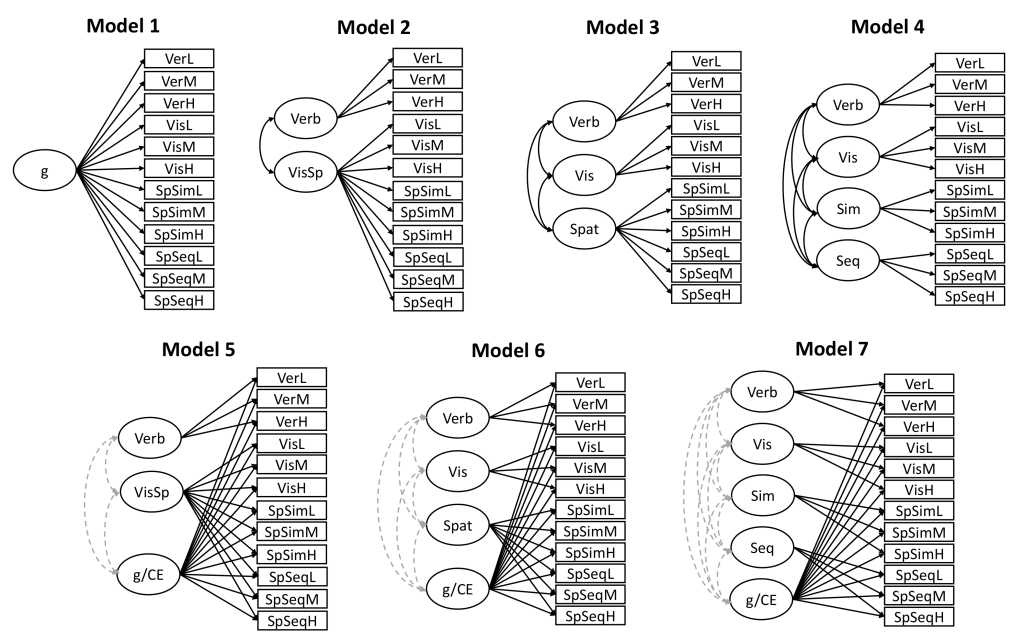Intelligence is a term that refers to individual differences in higher cognitive abilities. Research has shown that general (global) intelligence, among all measures of individual differences, is the single most powerful predictor of a wide range of crucial real-life outcomes, such as school achievement, job productivity, and even longevity. But how is intelligence truly structured? How does it evolve throughout the lifespan? How does it differ in atypical populations?

Neurodevelopmental disorders with specific impairments

In learning disorders, such as dyslexia, specific academic skills are impaired while global intelligence is preserved. Other neurodevelopmental disorders, such as the attention deficit hyperactivity disorder (ADHD), present partly similar characteristics, with a globally preserved level of intelligence but marked difficulties in specific areas of cognitive functioning.
Main topics:
- Structure of intelligence. In the overall population, a single global factor accounts for most variability in cognitive functioning. In neurodevelopmental disorders, however, some specific factors acquire more importance, pointing to a partly different structure of the intellectual abilities. We investigate how intelligence is better described in neurodevelopmental conditions.
- Intellectual profile and diagnostic significance. Neurodevelopmental disorders frequently present distinctive patterns of strengths and weaknesses, with abilities such as working memory and speed of processing that are specifically impaired, while others are preserved. We investigate the deficits that underlie each neurodevelopmental condition, and whether they present diagnostic significance for the clinicians.
- Neurodevelopmental disorders are often examined as conditions separate from the general population. But are they truly so? We investigate whether these cases, such as reading disorder or mathematical learning disability, can be better described in terms of individual differences, that is as just “tails” of the multivariate distribution of the general population.
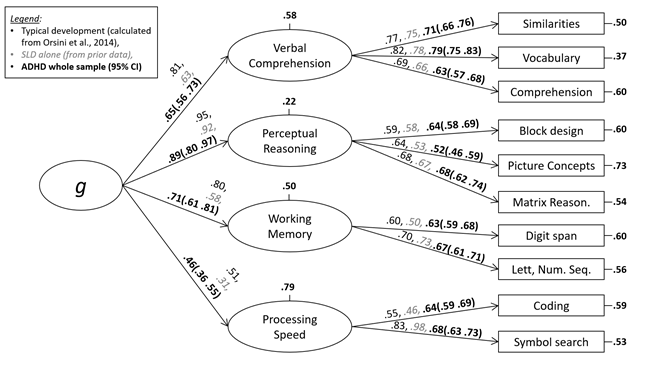
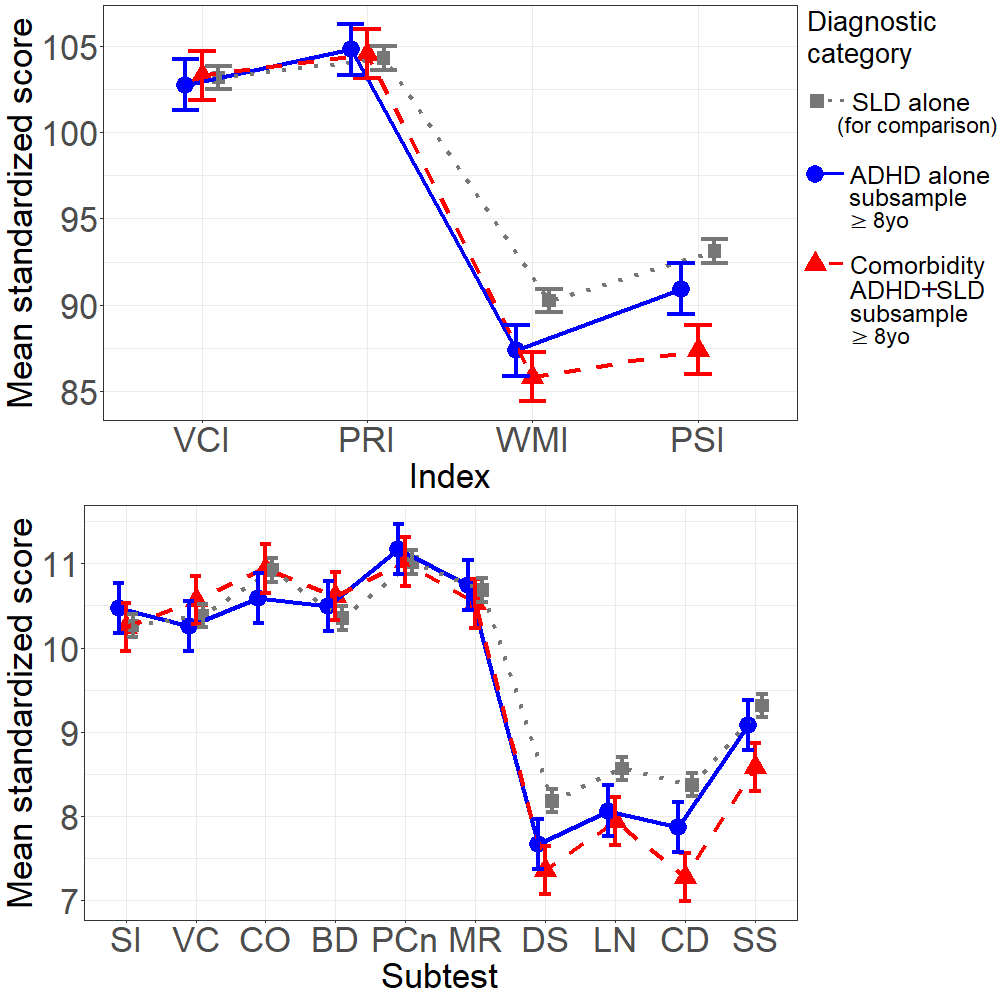
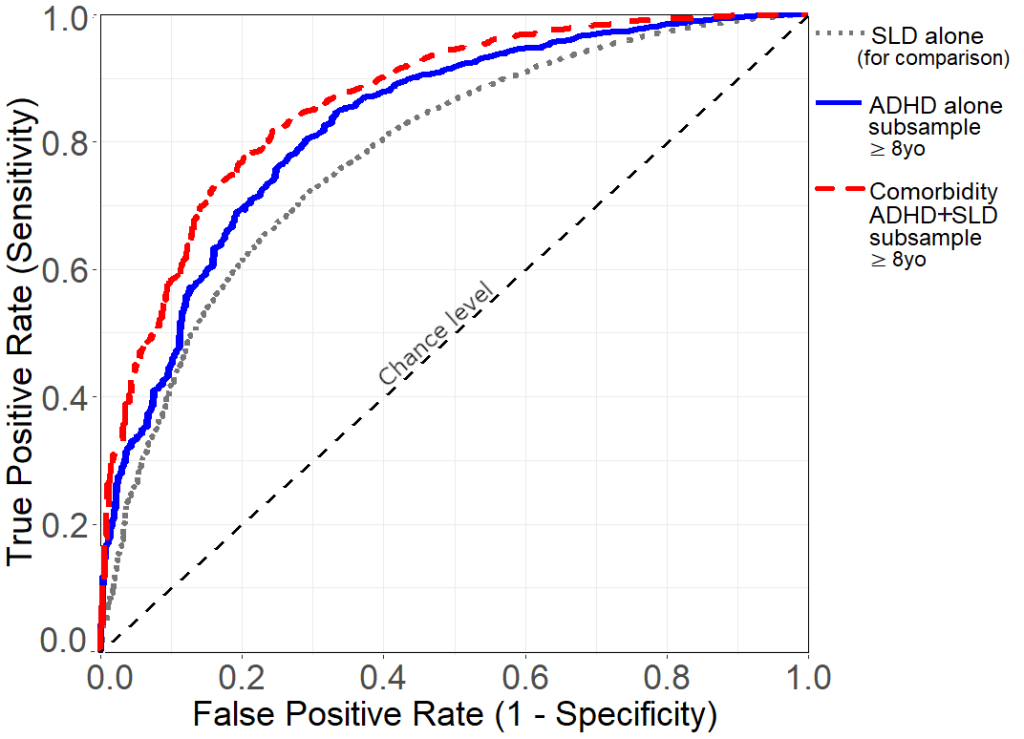
Intellectual disability
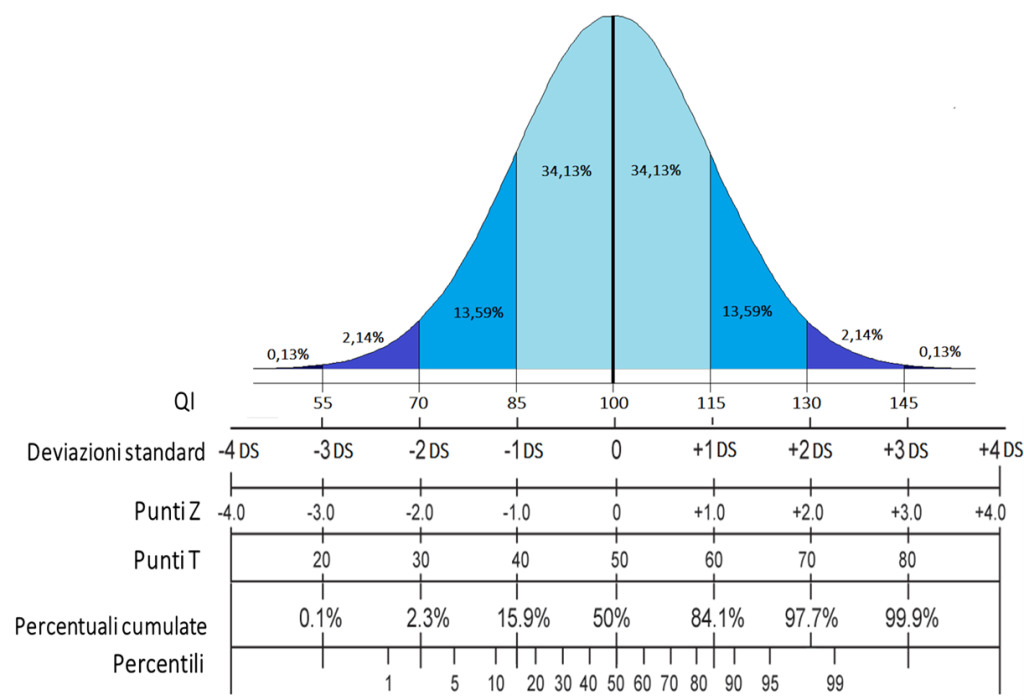
Some individuals present widespread impairment in global intellectual functioning, leading to intellectual disability. Sometimes this is related with syndromic conditions, sometimes it is not.
Main topics:
- Down syndrome is the most frequent syndromic cause of intellectual disability. We investigate individual differences, developmental trajectories, working memory, patterns of strengths and weaknesses, but also spatial learning, visuo-spatial and adaptive abilities, in this condition.
- Non-syndromic intellectual disability is also an important area of investigation. Does it represent just an extreme case of the individual differences? How to assess intelligence when the level of functioning lies very far below what is expected from the age-relevant normative data? We examine the structure, profile, and best assessment practices in this condition.

Giftedness

There is much focus on difficulties, but some individuals also thrive! Research suggests that being at the higher end on the intellectual capacity continuum generally brings advantages for the individual, but it is also associated with specific features of cognitive and non-cognitive functioning.
Main topics:
- Emotional response to testing in academically gifted children. Although emotional response to testing is generally better in more competent children, those truly gifted do not seem to optimize this aspect of their functioning.
- Twice-exceptional children. Some children with intellectual giftedness may still struggle with basic aspects of learning, and some even present dyslexia or other learning or neurodevelopmental disorders. These cases are more common than one may think! Unfortunately, in some cases the two conditions may end up masking each other. We investigate the frequency of twice-exceptionalities, and the characteristics and development of their intelligence.
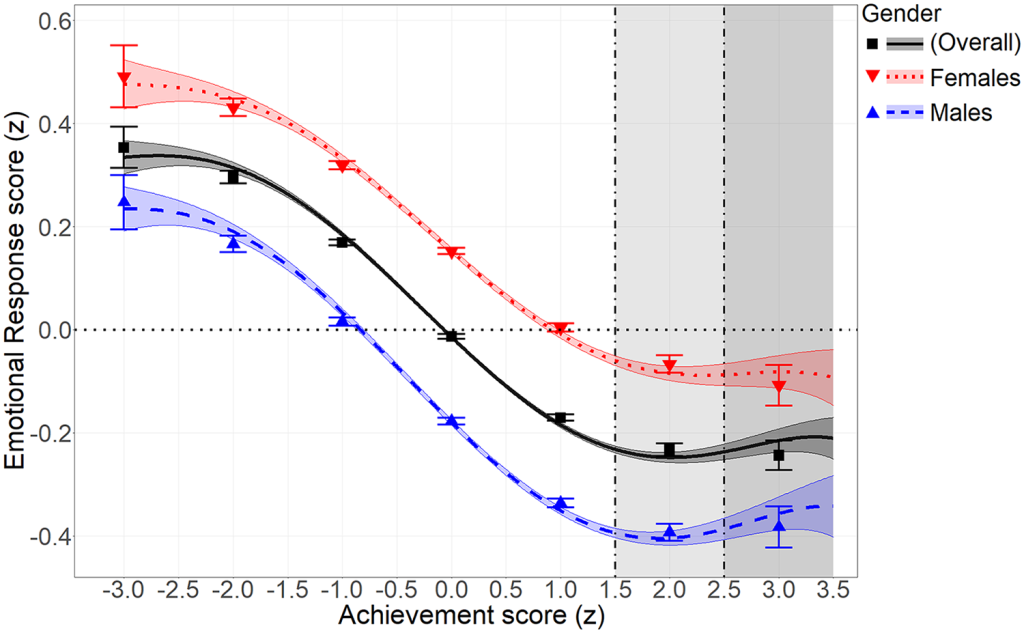

Working memory
The ability to keep active in mind, and simultaneously process, several chunks of information is called working memory. Research has shown that this ability is pivotal for higher cognitive functioning and underpins global intelligence throughout the lifespan.
Main topics:
- How is working memory structured in children? Is it organized hierarchically, mimicking and reflecting the structure of intelligence, or is it better described as a set of different specialized components? We investigate the structure of working memory in typically and atypically developing children as they grow.
